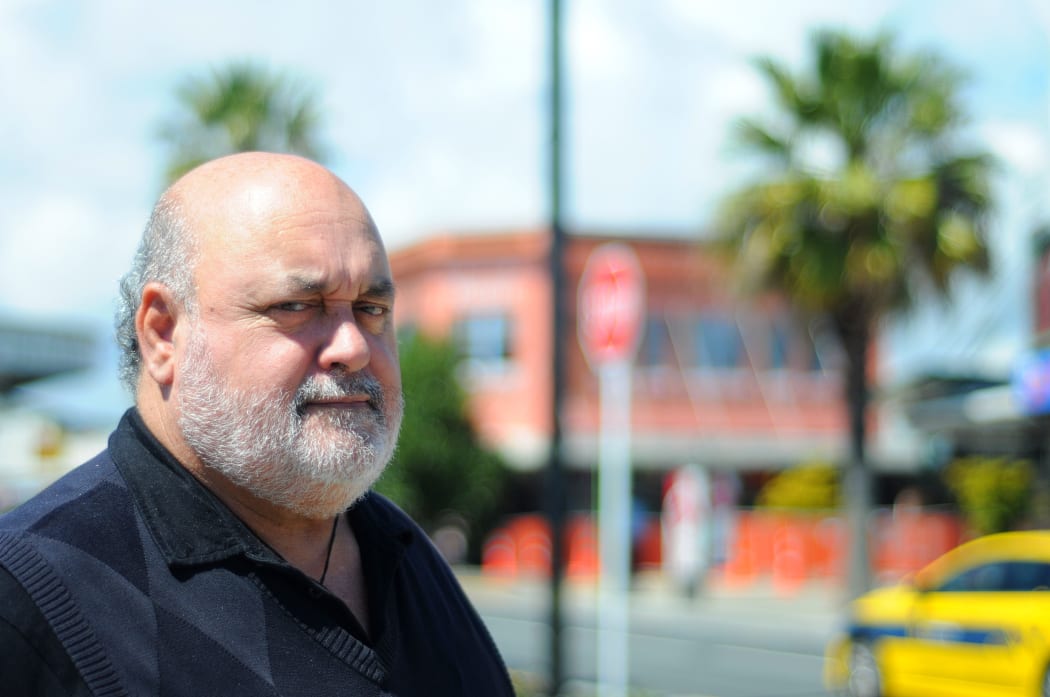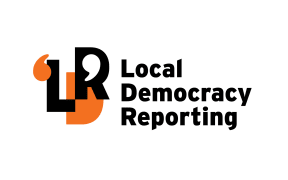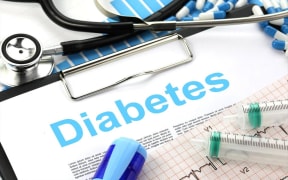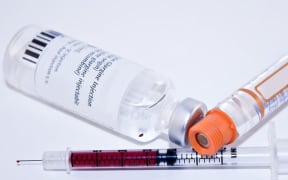Pharmac is expected to decide next week whether it will fund two new medicines to treat type 2 diabetes.

Botany resident Graham King says people shouldn't have to go through what he has to get modern medicines to treat type 2 diabetes. Photo: LDR / Stephen Forbes
Botany resident Graham King and thousands of other people who suffer from the condition hope the decision will fall in their favour.
Figures released by the Ministry of Health last year showed there were 45,266 people registered in the Counties Manukau area with type 2 diabetes in 2019.
People with diabetes have trouble controlling their blood sugar levels - either because their body doesn't make enough insulin, or because their cells have become resistant to insulin, a chemical produced by the pancreas that helps the body process sugars.
If someone suffering diabetes doesn't keep their blood sugar levels under control it can be life threatening and can also lead to other medical conditions, including kidney failure, heart disease, strokes and blindness.
Graham King, who is of Ngāi Tai descent, found out he had type 2 diabetes in 1990 when he was living in Scotland. For the then-35-year-old father of two it came totally out of the blue.
"It was a little bit of a shock because I knew what my dad had gone through with diabetes and I knew I would have to change my lifestyle."
His father and grandmother both died from diabetes-related illnesses.
King eventually returned to New Zealand and took part in a two-year drug trial for Dapagliflozin, which is used to treat the condition, starting in 2015. After the trial finished, he began using another type of medication. King said when he went for blood tests his blood sugar levels had shot up.
He wanted to go back on Dapagliflozin but would have to pay $100 a month for it. Despite the cost, he has been taking it ever since and said it helped him control his diabetes and had reduced the amount of insulin he needed to take.
King said he did not think other people should have to go through what he did to get modern medicines, like Dapagliflozin, Empagliflozin and Dulaglutide, to treat the condition.
"I'm just lucky I can afford $100 a month."
Pharmac chief executive Sarah Fitt said that next week its board would look at funding both Empagliflozin and Dulaglutide for 50,000 New Zealanders with type 2 diabetes who have a high risk of complications such as heart and kidney disease.
"Clinical experts told us that there is evidence for significant benefit from these two medicines in people with established or at high risk of cardiovascular and/or renal disease," she said.
"We consider that these benefits in the high-risk group could not only make a real difference to patients and their whānau, but could result in substantial savings to the health sector in terms of the management costs of heart and kidney disease."
Diabetes Foundation Aotearoa chair Dr John Baker works as an endocrinologist at Middlemore Hospital, and said modern drugs, such as Dapagliflozin, Empagliflozin and Dulaglutide were needed to treat the condition.
Dr Baker said New Zealand was using drugs described as "third world" treatments in the battle against type 2 diabetes. He said existing treatments funded in New Zealand were based on managing a patient's glucose levels, but they did not slow a patient's inevitable progression to kidney failure, heart disease and strokes.
King said he hoped Pharmac would see sense, but was surprised the agency was only considering funding the drugs for 50,000 people.
"There's a lot of people who are my age who might not fit that criteria. I just think that's crazy."

Local Democracy Reporting is a public interest news service supported by RNZ, the News Publishers' Association and NZ On Air.





